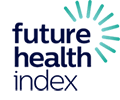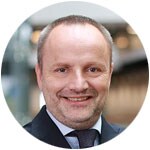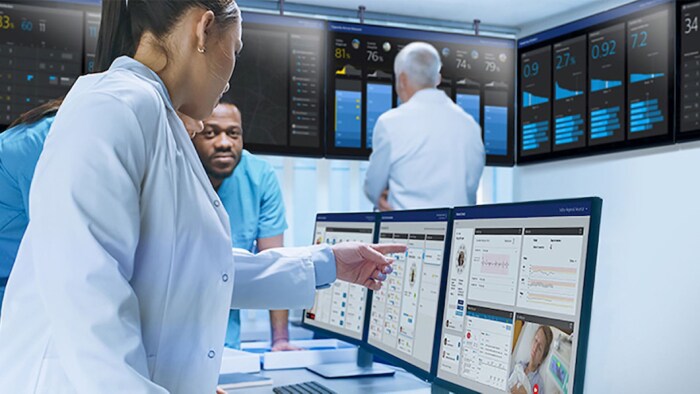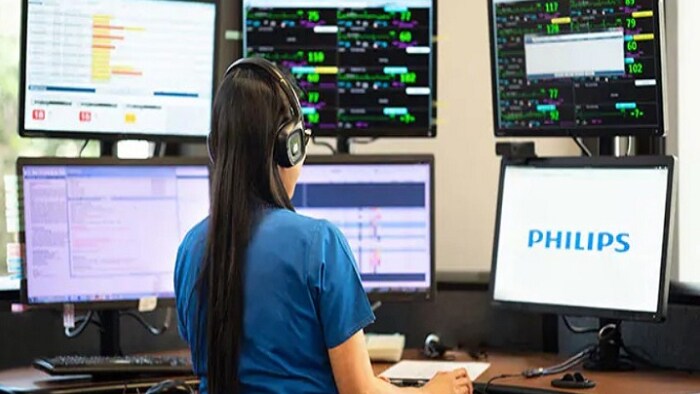Holistic patient profiles for better health outcomes


Mar 15, 2019 - reading time 5 mins
By Diederik Zeven General Manager, Health Systems, Philips ASEAN Pacific Diederik Zeven is the General Manager, Health Systems for Philips in ASEAN Pacific. He oversees the diverse portfolio of products, services and solutions across the region, including diagnostic imaging, image-guided therapy, patient monitoring and health informatics.

With rising rates of chronic diseases, there is a need to focus on illness prevention and empowering people to manage their own health. Connected devices are already being used to monitor lifestyle habits and HCPs could use this ‘healthy data’ to build a fuller picture of a patient’s health profile for better outcomes.

By 2050, Asia Pacific will be home to almost two thirds of the world’s older generation, nearly 1.3 billion[1] people, with one in four expected to be 60 years old or more[2]. As life expectancies increase, healthcare systems in the region will face significant challenges in meeting the needs of an aging population. For seniors to age well in their golden years – and ease the strain on healthcare resources – a fundamental shift beyond treatment of illnesses to prevention will be needed, and this will require individuals to start taking more responsibility for their own health. Digital technologies will be key to advancing this – in particular by providing a way for individuals to monitor indicators of their own health on a daily basis and identify early-warning signs sooner. The good news is that half of Singapore’s general population already use connected devices to monitor some health indicators, according to our Future Health Index (FHI)[3] study. However, only 13% completely understand the data from these devices. This knowledge gap needs to be bridged, through greater emphasis on the need for a holistic view of health – where one’s health is tracked and monitored not only when ill, but also in times of good health.
Unlocking data’s potential
Connected devices are already generating invaluable data that provide insight into our daily lifestyle habits with kitchen appliances that advice on nutritional values of added ingredients. In the near future, we could possibly see more smart health innovations such as toothbrushes that detect illnesses through changes in saliva when brushing and track our health indicators daily. Such data allows healthcare professionals to build a fuller picture of a patient’s health profile, not just by looking at ‘sick data’ when the patient is ill, but also their ‘healthy data’ when they are well. In doing so, healthcare can be provided in a more proactive rather than reactive way, as health risks can be identified early and potentially serious illnesses – such as signs of the onset of chronic diseases like diabetes – addressed before they escalate. This will require a shift in healthcare education, policies and current practices. Healthcare organizations will need to adopt a data-driven mindset and invest in training around the use of data in patient consultations. Similarly, the education and training curriculum of new healthcare professionals will also need to expand to include data-focused modules and ethical considerations around data use and related interpretation. These efforts need to be aligned to ensure all healthcare professionals follow a singular approach when interpreting data and providing advice to their patients. A standardized national framework is thus needed so that patients can receive the same experience, regardless of the healthcare institution or physician they consult. As our Future Health Index data shows, among the general public in Singapore, greater education is also necessary around the proper use of health devices and when to seek medical attention. A key priority should be on community outreach for the less tech-savvy such as the elderly, to teach them to use their health devices and simple steps for monitoring their vital signs daily. This will go a long way in the early detection of illnesses and helping the elderly to maintain their independence in their homes. Creating a culture of self-monitoring and ownership of one’s health needs to start from a young age too. Schools play a key role in developing healthy habits in children and teaching them how to track and keep up their health, and this curriculum should start to include the role that data can play in this. Gamification could be one way to ensure that people are regularly collecting and monitoring their health data – not only when they are feeling unwell – so that a complete overview of a patient’s health journey is captured. Rewards within health apps for meeting fitness or diet goals can be a great start, but physical rewards such as food vouchers or gym passes could also help incentivize the population further and engage them in healthier habits. While empowering the Singaporeans to monitor their health could help ease strain on healthcare resources, diligence is needed when rolling out such initiatives. A balance would need to be drawn between having patients take more ownership of their health, and dissuading them from self-diagnosis, which could be harmful. In adopting a holistic view of health, and analyzing and acting on the right data, governments and healthcare providers can build healthier societies, while lessening the burden of chronic illnesses. However, this will need a combined effort from the public, healthcare professionals and the government to overcome the initial hurdles with adoption, and through a data-centric approach, advance us towards a healthier future. [2] United Nations, Addressing the Challenges of Population Ageing in, Asia and the Pacific. 2017.
About Future Health Index
The Future Health Index (FHI) is a research-based platform designed to help determine the readiness of countries to address global health challenges and build sustainable, fit-for-purpose national health systems.
Share this article
Topics
Read more about this topic
-
![Hospitals of the future: time for Singapore to have a re-design?]()
October 22, 2021
-
![Healthcare ramifications for an endemic virus | Philips]()
July 19, 2021



